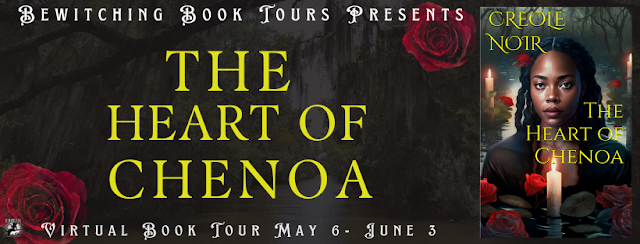Read an Excerpt:
Autumn, 1907: late
one morning, some kind of torrid, invisible beast seemed to wrap itself all
around Fingal T. Smyth’s body. Each one of his toes twitching fiercely, he
exited the castle and scanned the distant, Scottish Highlands. Go back where
you came from. As the entity wrapped itself tighter all about his person,
Fingal blinked back his tears. I’m melting, I am. Aye, it’s the heat of fusion.
Gradually, the
beast’s heartbeat became audible—each pulsation. At the same time, too, the
illusory heat of transformation emitted an odor as of oven-roasted peppercorns
dissolving in a cup of burnt coffee.
Over by the gatehouse,
Fräulein Wunderwaffe appeared—the little German girl wearing a plain-sewn robe
and square-crown bowler. In that moment, she no longer seemed to be a sickly
child of seven years: her inscrutable expression resembled that of a wise,
indifferent cat.
Perhaps even some kind of lioness. Fingal cringed, and he recalled a fragment
of conversation from three weeks earlier.
“She suffers from a
most unnatural pathology, an anguished, maniacal obsession with cats,”
Doktor Hubertus Pflug
had explained. “Ever since the poor girl was a baby, she has always regarded it
her fate to one day metamorphose into a glorious panther, for she believes
herself to be ein Gestaltwandler. Do you know this word? It means shapeshifter
and refers to someone who possesses the power to take the form of anything in
nature.”
The heat radiated up
and down Fingal’s spine now, and his thoughts turned back to the present. Aye,
it’s a change of phase. I’m melting into a chemical compound. Despite all, he
greeted the girl and willed himself to flash a grin.
Fräulein Wunderwaffe
did not return the smile. Hand on heart, the little girl drew a bit closer.
Then, as the hot,
animalistic presence undulated all across Fingal’s body, the little girl’s eyes
grew wide. Until the little girl’s expression turned to that of a vacant stare.
A moment later, her
feet pointed inwards, she removed her hat and undid her long, flaxen hair.
Again, he cringed.
“If you’ve noticed something, ignore all. This hasn’t got anything to do with you.”
A third time, he cringed.
A most ethereal,
lyrical, incomprehensible hiss commenced then: from the other end of the
winding, decorative-brick driveway, each clay block shining the color of blue
Welsh stone, a sleek Siamese cat with a coat of chocolate-spotted ivory had
just appeared. And now the creature raced toward his shadow.
As he looked into the
animal’s big, searching, blue eyes, the chocolate Siamese studied the
off-center tip of his nose. Then the animal turned away, as if to compare the
peculiarity with that of some disembodied visage hovering in the distance.
Out upon the loch,
meanwhile, a miraculous rogue wave suddenly arose—and now the swell crashed
against the pebbly strand.
Not a moment later, a
cool flame crawled across Fingal’s throat. The strange fire rattled, too—not
unlike the sound of fallen juniper leaves caught up in the current and dancing
against the surface of a stone walkway.
Crivens. By now, the
alien, pulsating presence held him so tight that he could barely breathe.
Before long, he fell
to the earth, and as the dreamlike flame continued to move across his throat,
he rolled all about—until the illusory sensation of cool warmth wriggled and
twisted and dropped into his neck dimple.
He crawled over to
the little girl and grabbed her ankle. “Get on up to your physician’s room, eh?
Please. Go on and wake Doktor Pflug and tell him
what’s happened.”



































